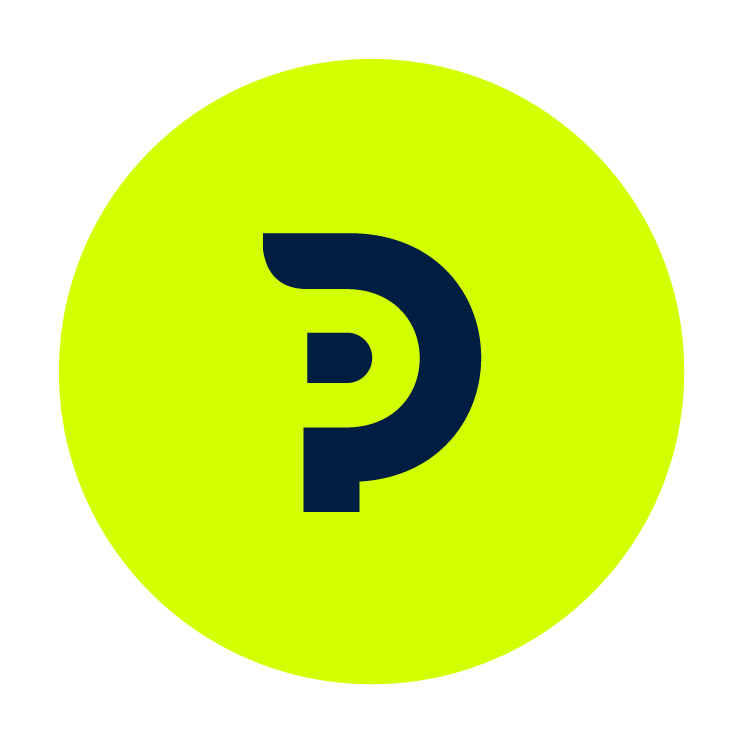Bien comprendre les tokens dans Drupal
Ces jetons sont très utiles et permettent de gagner du temps dans la conception et la gestion du projet.
Qu’est-ce qu’un token ?
Un token est un élément de code qui présente dynamiquement une valeur spécifique. Il est utilisé pour remplacer automatiquement une information par une autre similaire. Grâce à lui, il devient facile et rapide de personnaliser votre site.
Les tokens sont également utilisés pour personnaliser les contenus et les messages, tels que les emails de confirmation de compte, les notifications de commentaires et bien plus encore. Voici deux exemples courants :
- [site:name] affiche le nom du site.
- [user:mail] affiche l’adresse e-mail de l’utilisateur connecté.
Quels sont les différents types ?
Il en existe plusieurs types et notamment :
- Les tokens globaux qui représentent des informations générales telles que le nom du site, l’adresse e-mail du webmaster, etc.
- Les tokens utilisateur qui représentent des informations spécifiques à l’utilisateur connecté, son prénom, son adresse e-mail, son rôle, etc.
- Les tokens de contenu qui représentent des informations spécifiques à une page ou un contenu spécifique : le titre de la page, le chemin de l’URL, le nom de l’auteur, etc.
- Les tokens de champ qui représentent des informations spécifiques à un champ particulier d’un contenu.
Vous pouvez également créer des jetons personnalisés en utilisant des modules tels que Token Custom pour ajouter des fonctionnalités supplémentaires à leur site.
Comment utiliser les tokens dans Drupal ?
Concrètement, comment créer et utiliser un jeton ? Voici quelques pistes et quelques astuces.
Comment les créer et bien les gérer ?
Pour réaliser cela, vous pouvez utiliser le module Token qui fournit une interface pratique pour gérer les jetons par défaut et permet d’en créer de nouveaux personnalisés.
👉 Astuce : pensez à utiliser la fonction de prévisualisation. Elle permet de voir en temps réel comment un token figurera sur le site.
Cela permet d’éviter les erreurs de syntaxe. Vous la trouverez dans : Administration du site -> Configuration -> Outils de développement -> Token.
Comment utiliser les tokens ?
Leur utilisation est simple. Il suffit d’insérer ces éléments de code dans les zones de texte des pages, des messages et des courriels. Vous pouvez utiliser l‘éditeur WYSIWYG ou en entrant directement le code du token dans l’éditeur de texte brut.
Un jeton peut également être utilisé dans un module personnalisé pour afficher des informations dynamiques.
Comment utiliser les tokens dans les champs et les entités de chaînées ?
Leur usage est également très pratique au sein des champs personnalisés, par exemple, les champs de contenu tels que les titres, les descriptions, les résumés et les images… Il suffit d’utiliser l’interface de configuration de champ.
Les entités chaînées sont des entités qui ont des relations avec d’autres entités. Dans ce cas, les jetons permettent d’afficher des informations dynamiques et personnalisées.
Les modules de token dans Drupal
Différents modules téléchargeable depuis le site de Drupal.org peuvent vous aider dans la conception et la gestion de ces “jetons”.
Les 3 modules les plus utilisés
Le module Token est le principal module, mais il en existe d’autres disponibles. Voici une petite liste :
- Entity Token qui fournit des jetons pour les entités Drupal,
- Token Filter permet d’utiliser des jetons dans les champs de texte et les messages,
- Custom Tokens vous permet de créer des jetons personnalisés avec une syntaxe simple.
De nombreux avantages à différents niveaux
Inclure les “jetons” dans votre stratégie a de nombreux avantages. En voici quelques-uns.
Simplifiez la gestion du contenu tout en personnalisation l’expérience utilisateur
Les jetons simplifient la gestion du contenu en vous permettant d’ajouter des éléments de contenu dynamiques et personnalisés facilement.
Par exemple, vous pouvez rédiger des articles qui incluent des éléments dynamiques en fonction des spécificités de vos visiteurs (emplacement géographique, préférences…).
Améliorez simplement la sécurité de votre projet
Les jetons contribuent à l’amélioration de la sécurité en réduisant les risques d’attaques par injection de code en évitant d’entrer des informations directement dans les champs de texte.
Ils permettent également de limiter les données sensibles exposées dans les pages et les messages du site, vous pouvez restreindre les jetons à certaines parties du site. Cela peut aider à prévenir les violations de données.
Les bonnes pratiques de l’utilisation des tokens
Comme nous l’avons vu, l’usage des jetons compte de nombreux avantages. Voici encore quelques conseils pour vous aider.
Les erreurs à éviter lors de la création et de l’utilisation des tokens
Tout d’abord, il est important de ne pas utiliser de caractères spéciaux ou d’espaces dans les noms des jetons, car cela peut causer des erreurs.
Ensuite, il est également important de ne pas ajouter trop de jetons à une seule page ou à un seul message, car cela peut ralentir le temps de chargement et affecter les performances du site.
Enfin, il est important de garder les jetons à jour et de les vérifier régulièrement pour éviter les erreurs de sécurité.
Comment optimiser l’utilisation des tokens pour améliorer les performances
Pour optimiser l’utilisation des jetons et améliorer les performances du site, il est recommandé de suivre quelques bonnes pratiques. Tout d’abord, il est important de limiter leur nombre sur une seule page ou un seul message.
Il est également recommandé d’utiliser une syntaxe simple plutôt que des tokens complexes notamment pour réduire la charge de traitement sur le serveur.
Enfin, il est recommandé d’utiliser des modules tiers comme Entity Token.
Les tokens n’ont plus de secret pour vous ? Alors discutons ensemble de votre projet Drupal.

